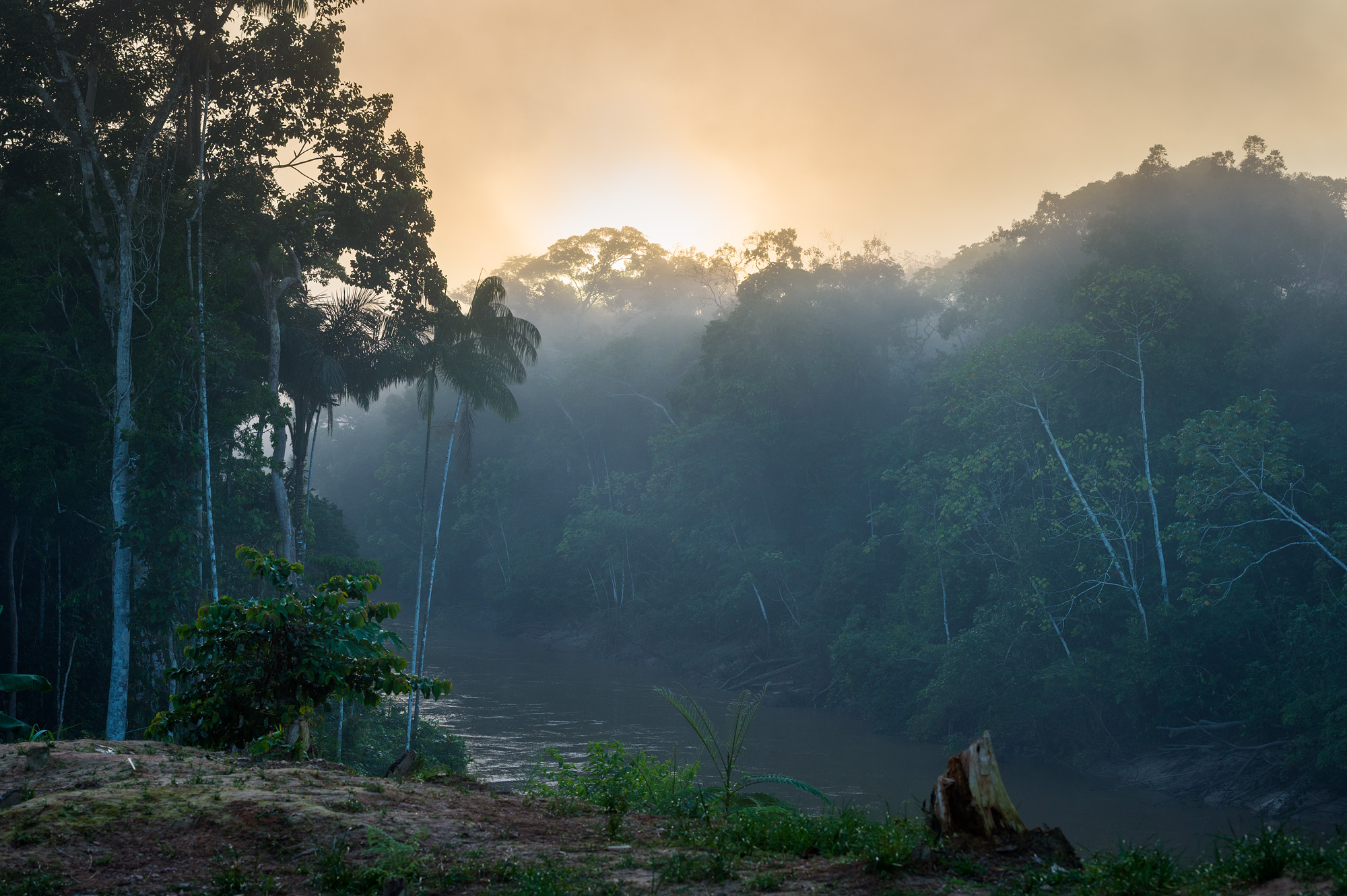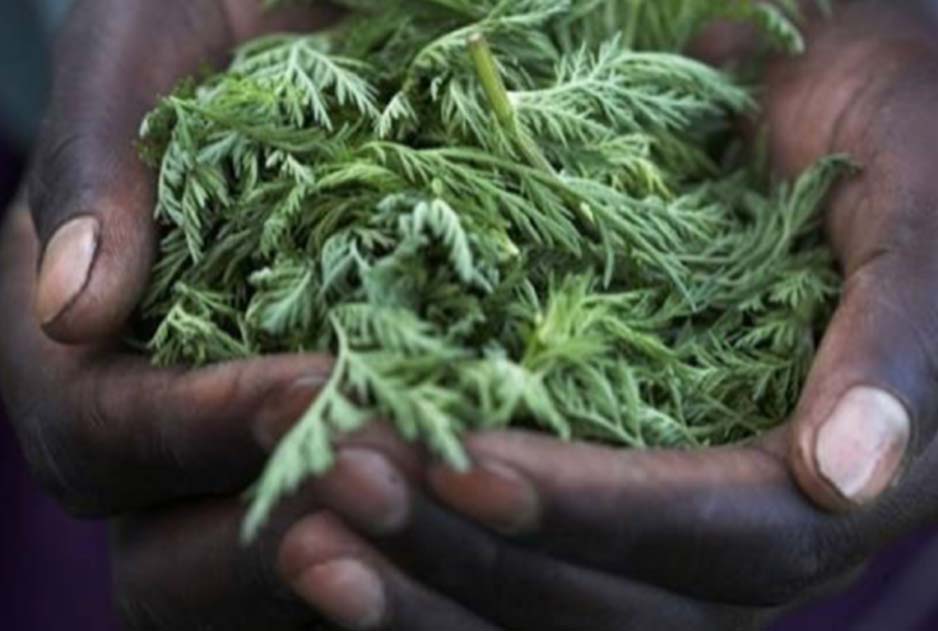Projects supported by One Song One Earth
Biodiversity is at the very heart of the stability and proper functioning of our ecosystems
When we look at Earth from space, the Blue Planet represents its name remarkably, with 70% of its surface covered in water.
But as we look more closely, a more complex mosaic is revealed to us. A mosaic of environments, landscapes, ecosystems, and within them a biodiversity that changes dramatically depending on whether you are in the Amazon rainforest, in the Sahara Desert or at the bottom of the Mariana Trench.
And by virtue of its nature, its function and its preferred environment, each of the species on the planet is unique. The result is complementary species ecosystems which together define a system capable of resilience, resistance and stability which have been the vector of maintenance and development of living things for millions of years. Nature is this system, which offers us adequate conditions to live, on which we depend more than we can imagine and which we are destroying.
It is this system and all its complexity that One Song One Earth is committed to protect, for humans and all living things.
The diversity of cultures and knowledge is essential to live in harmony with biodiversity
But protecting such important biodiversity, which varies so much depending on where you are, requires a wealth of knowledge specific to each ecosystem.
And what better way to gain knowledge than to ask the people who have inhabited every place on Earth for thousands of years? This knowledge, the foundations of societies, represents an invaluable cultural diversity in our goal of safeguarding the planet in the face of global changes.
Like the diversity of species, the diversity of cultures that accumulate and transmit knowledge offers essential complementary capacities for interacting harmoniously with our environment.
To protect biodiversity, we must also protect cultural diversity and especially the cultures of indigenous peoples who are also threatened by the desire of Western societies for endless economic development.

